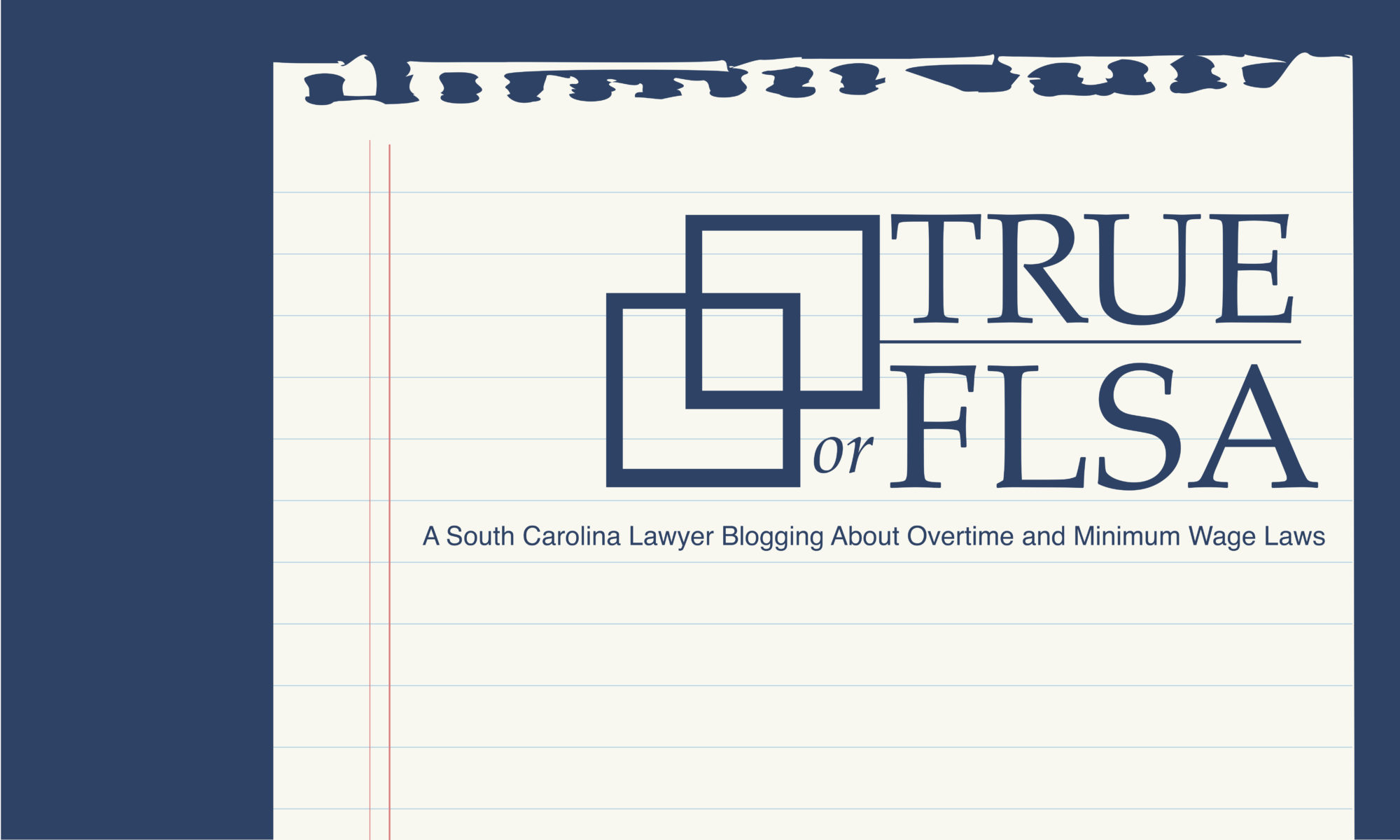The U.S. Department of Labor recently announced that it will allow several new rules to go into effect regarding tips paid to employees under the Fair Labor Standards Act (FLSA). These rules were originally proposed while President Trump was still in office, but once President Biden was sworn in, the DOL placed these rules on hold to see if other changes needed to made before the rules went into effect. Now it appears that the DOL will move forward with part of the proposed rules, but not all of them.
These new rules (1) include “a prohibition on employers, including supervisors and managers, [against] keeping tips received by workers, regardless of whether the employer takes a tip credit,” and (2) allow an “employer that does not take a tip credit to include non-tipped workers, such as cooks and dishwashers, in nontraditional tip-sharing agreements.”
Rule Number 1 is a flat out prohibition on managers and supervisors from stealing tips from their employees (called “wage theft”). Managers and supervisors already get paid either a higher hourly wage or a salary, while the employees who typically receive tips make a much lower wage. For waiters and waitresses, that hourly wage can be as low as $2.13/hour. The DOL seeks to protect those lower wage earners from unscrupulous managers who seek to take tips that do not belong to them.
Rule Number 2 deals with what the DOL calls “tip pools,” where employees (typically a restaurant) combine all of their tips into a joint pool and then divide out the proceeds equally at the end of the night. There’s been a lot of confusion over whether backline/back of the house employees can be included in that tip pool, since most of those employees get paid a regular hourly wage while wait staff often gets paid $2.13 plus tips. Different courts have come to different conclusions, so this rule is designed to clear up any lingering confusion. So under this new rule, back line staff can only participate in the tip pool IF the restaurant pays all of its waiters at least a full minimum wage of $7.25/hour. If the restaurant pays $2.13/hour plus tips to wait staff (called taking a “tip credit”), then the employer cannot force waiters to pay part of their tips to cooks and kitchen staff. Period.
These new rules will likely take effect later this year, and I’ll provide an update at that point as well. In the meantime, if you are an employee whose tips are being taken by your manager or are being forced to share with the kitchen staff, you should probably speak with an FLSA lawyer in more detail.

